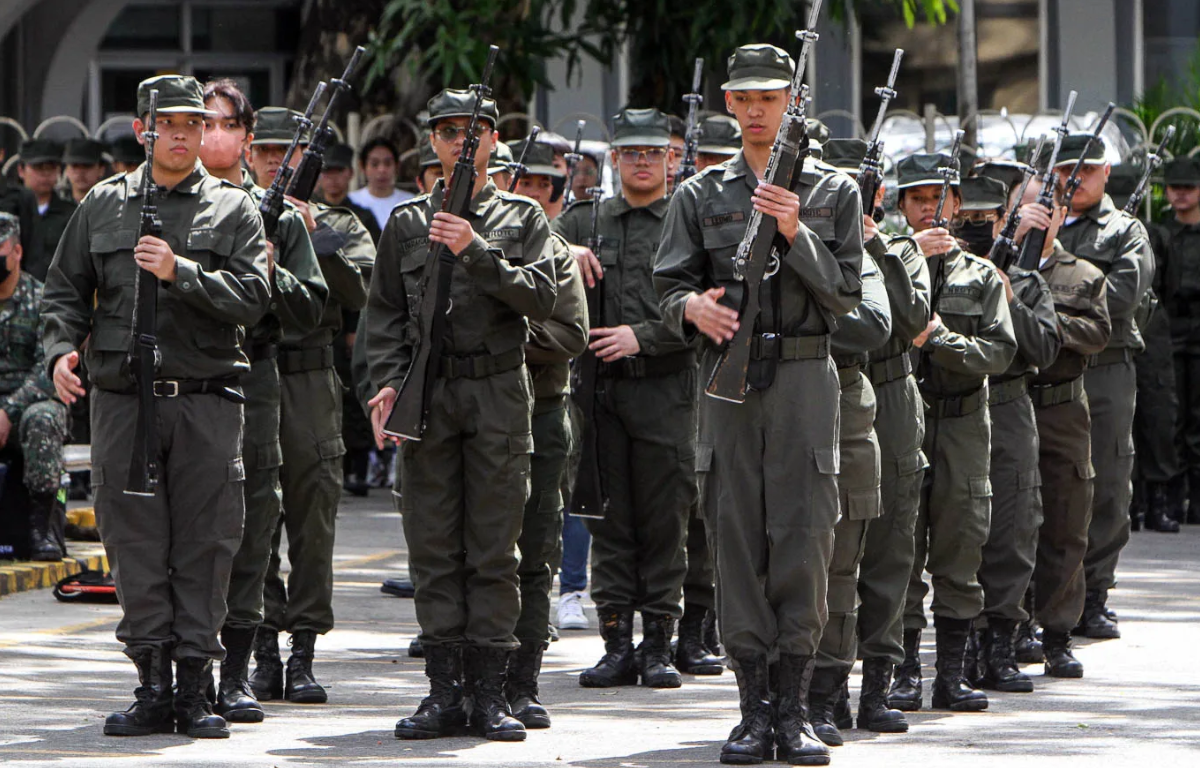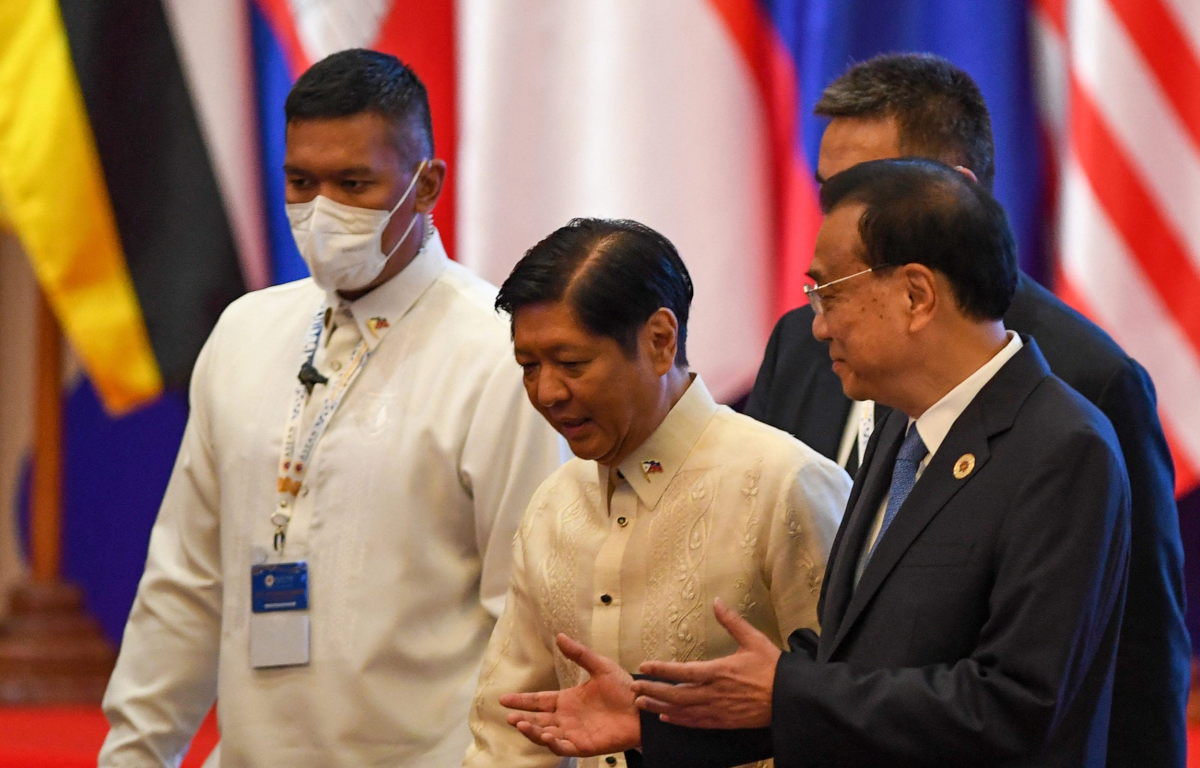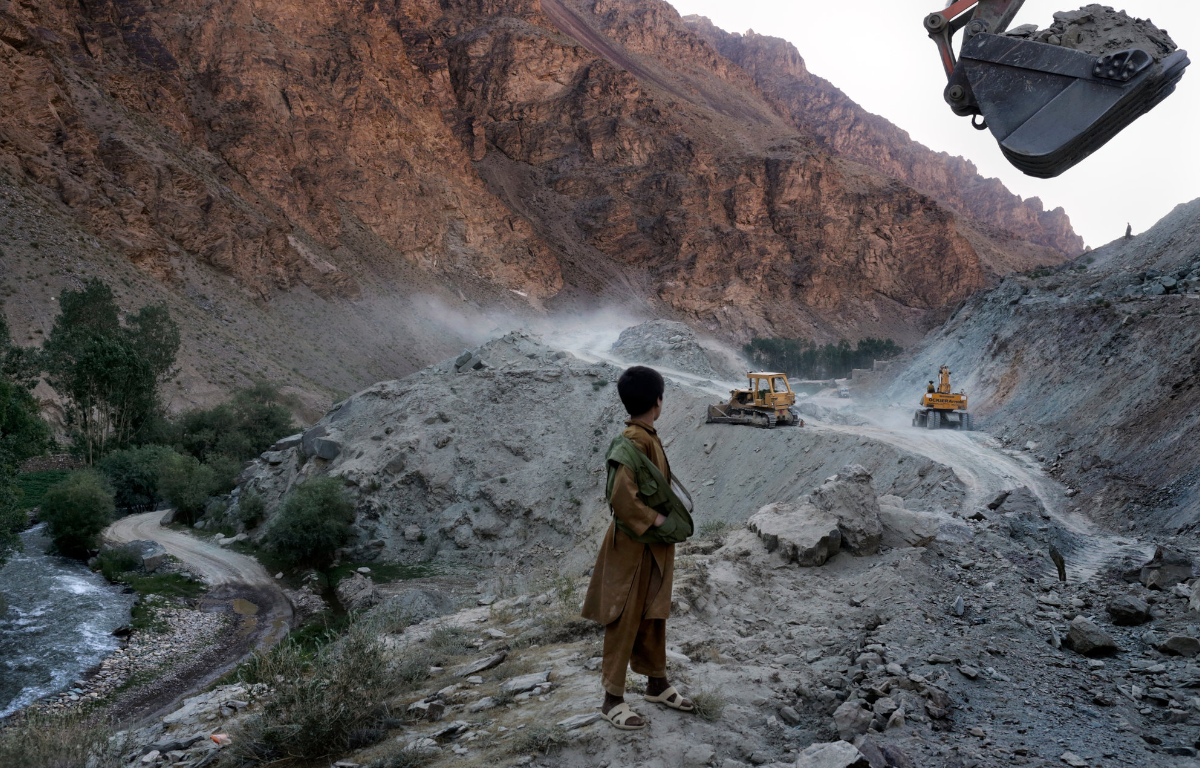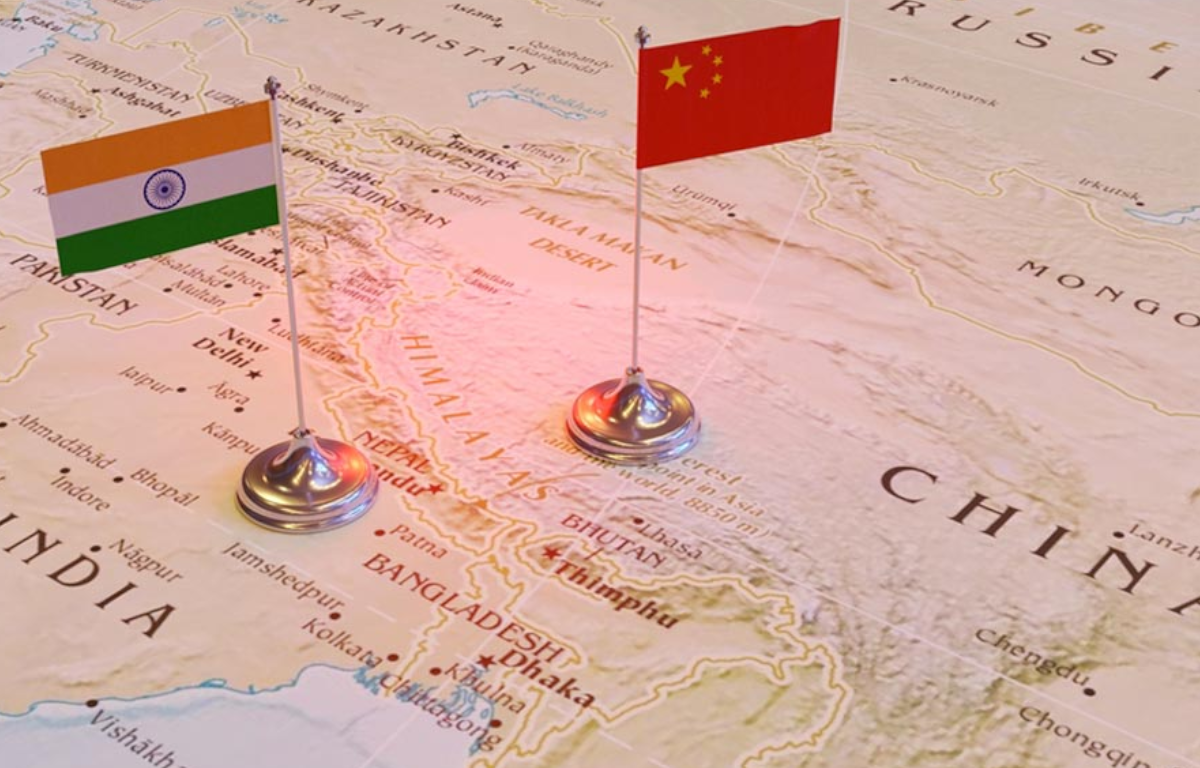
Taiwan, officially known as the Republic of China, has functioned as a separate and self-governing entity since the end of the Chinese Civil War in 1949 when the Nationalists (Kuomintang) retreated to the island following their defeat by the Communists led by Mao Zedong. China, officially the People’s Republic of China, claims Taiwan as an integral part of its territory and has not ruled out the use of force to bring it under its control. The international community has largely adhered to the One-China policy, recognizing the People’s Republic of China as the legitimate government of China while maintaining unofficial relations with Taiwan.
The ‘troublemaker’ in this recent development refers to a prominent Taiwanese politician and frontrunner in the upcoming presidential election. This politician has been a vocal advocate for Taiwan’s independence and has expressed strong support for bolstering Taiwan’s international presence. While Taiwan operates as a de facto independent state with its own government, military, and constitution, it stops short of declaring formal independence to avoid provoking China.
China’s characterization of the Taiwanese frontrunner as a ‘troublemaker’ reflects its long-standing policy of opposing any moves toward formal independence for Taiwan. Beijing has consistently sought to exert pressure on Taiwan through diplomatic, economic, and military means, with the ultimate aim of reunification.
The rhetoric used by Chinese officials, such as ‘troublemaker,’ is designed to both discredit and intimidate those who support Taiwan’s independence. It is part of a broader strategy to isolate Taiwan internationally and deter other countries from engaging with it in ways that might imply recognition as a separate state.
Escalation of Tensions: Characterizing Taiwan’s leaders as ‘troublemakers’ and threats to regional stability increases the potential for military escalation. China has not ruled out the use of force to bring Taiwan under its control, and such rhetoric could be seen as laying the groundwork for justifying military action.
Deterioration of Relations: Relations between Taiwan and China have been strained for years, and this latest development only serves to exacerbate the situation. Heightened tensions are detrimental not only to regional stability but also to global security and economic interests.
International Response: How the international community responds to China’s rhetoric and actions regarding Taiwan is crucial. Countries must carefully balance their diplomatic and economic ties with China against their support for Taiwan’s right to self-determination. Striking this balance is challenging but necessary to prevent a further deterioration of relations.
Taiwanese Identity: China’s efforts to suppress Taiwan’s international presence and discredit its leaders may have the opposite effect, strengthening Taiwanese identity and resolve. The people of Taiwan have consistently shown support for maintaining their autonomy, and such tactics from China may only galvanize this sentiment.
The characterization of the Taiwanese frontrunner as a ‘troublemaker’ by China underscores the ongoing complexities of the Taiwan-China relationship. This issue is not just a matter of regional concern; it has broader implications for international security and diplomacy. The international community must carefully navigate these tensions, promoting dialogue and peaceful resolution while respecting Taiwan’s right to determine its own future. The risk of war is ever-present, and it’s incumbent upon all parties involved to work toward a peaceful and stable resolution to this longstanding dispute.










Share this: